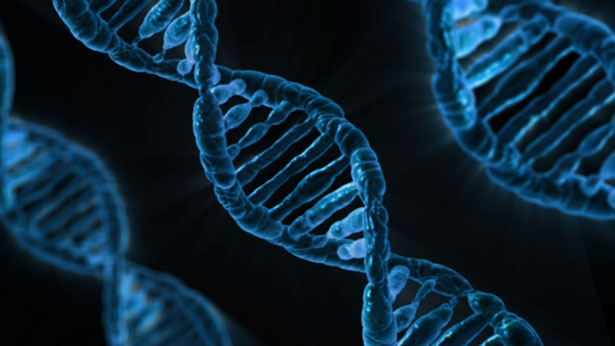Why were scientists silent over gene-edited babies?
By Natalie Kofler,
Nature
| 02. 26. 2019
Millions were shocked to learn of the birth of gene-edited babies last year, but apparently several scientists were already in the know. Chinese researcher He Jiankui had spoken with them about his plans to genetically modify human embryos intended for pregnancy. His work was done before adequate animal studies and in direct violation of the international scientific consensus that CRISPR–Cas9 gene-editing technology is not ready or appropriate for making changes to humans that could be passed on through generations.
Scholars who have spoken publicly about their discussions with He described feeling unease. They have defended their silence by pointing to uncertainty over He’s intentions (or reassurance that he had been dissuaded), a sense of obligation to preserve confidentiality and, perhaps most consistently, the absence of a global oversight body. Others who have not come forward probably had similar rationales. But He’s experiments put human health at risk; anyone with enough knowledge and concern could have posted to blogs or reached out to their deans, the US National Institutes of Health or relevant scientific societies, such as the Association for Responsible...
Related Articles
By David Jensen, California Stem Cell Report | 02.10.2026
Touchy issues involving accusations that California’s $12 billion gene and stem cell research agency is pushing aside “good science” in favor of new priorities and preferences will be aired again in late March at a public meeting in Sacramento.
The...
By Alex Polyakov, The Conversation | 02.09.2026
Prospective parents are being marketed genetic tests that claim to predict which IVF embryo will grow into the tallest, smartest or healthiest child.
But these tests cannot deliver what they promise. The benefits are likely minimal, while the risks to...
By Mike McIntire, The New York Times | 01.24.2026
Genetic researchers were seeking children for an ambitious, federally funded project to track brain development — a study that they told families could yield invaluable discoveries about DNA’s impact on behavior and disease.
They also promised that the children’s sensitive...
By Arthur Lazarus, MedPage Today | 01.23.2026
A growing body of contemporary research and reporting exposes how old ideas can find new life when repurposed within modern systems of medicine, technology, and public policy. Over the last decade, several trends have converged:
- The rise of polygenic scoring...




